detail profile mahmoud el meligy
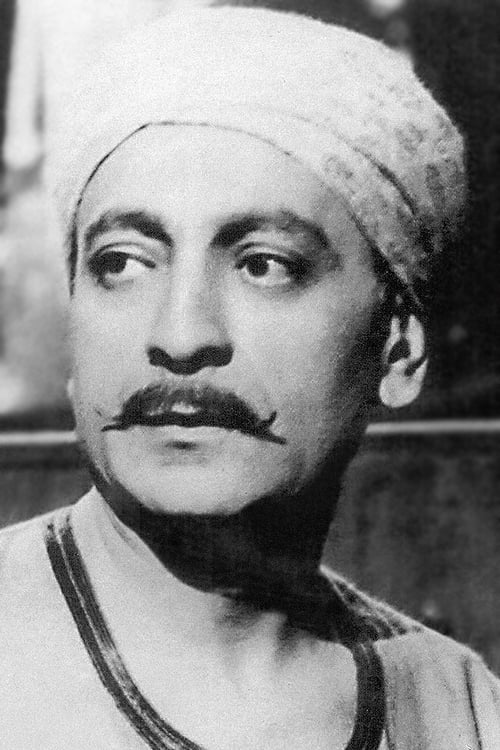
Mahmoud El Meligy
Mahmoud El Meligui
atau dikenal sebagai
Riwayat Hidup
Mahmoud El Meligy was an Egyptian screenwriter and actor of film, theatre, and television.
He started his career playing minor roles, but achieved stardom in the late 1930s.
A popular and award-winning actor, he has acted in hundreds of films and was famous for his evil, villain roles.
Info Pribadi
Peran Yang Di Mainkan Mahmoud El Meligy
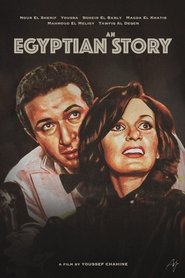 After we last see him in...
After we last see him in...An Egyptian Story 1982
After we last see him in "Alexandria, Why?" Egyptian filmmaker Yehia Mourad is in his thirties, and successful in his work, he has grown distant from his wife and children and suffers a symbolic blockage of the heart while shooting the final scenes of his latest film. After being flown to England for evaluation, it's determined that Yehia must undergo emergency surgery. Fact and fiction blend seamlessly—with healthy doses of cleverly absurdist fantasy—as the film explores the various personalities and forces that have made Yehia (and Youssef Chahine) the man he has become.
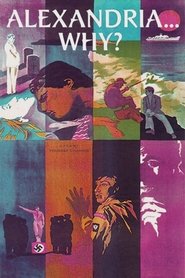 Amid the poverty death and suffering...
Amid the poverty death and suffering...Alexandria… Why? 1979
Amid the poverty, death, and suffering caused by World War II, 18-year-old Yehia retreats into a private world of fantasy and longing. Obsessed with Hollywood, he dreams of studying filmmaking in America but struggles to pursue his dream, given the constraints of his life in the middle class and the horrors of war.
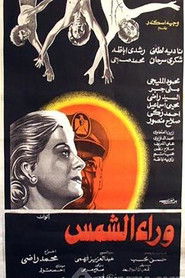 Behind the Sun clearly identifies the...
Behind the Sun clearly identifies the...Waraa Al-Shams 1978
"Behind the Sun" clearly identifies the time identity of his film. It follows the horrific military defeat of June 1967, when a senior military commander insists on an investigation into the real causes of the defeat, leading to his assassination by the commander of the military prison , When the rebel military commander refuses to ignore his insistence on requesting this investigation, during the special visit by "Jaafari" commander of the military prison in order to convince him to do so, "Jaafari" can not escape from his assassination by firing bullets,
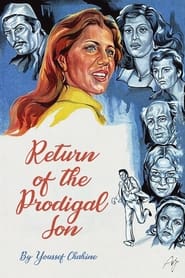 Freed after spending years in prison...
Freed after spending years in prison...Return of the Prodigal Son 1976
Freed after spending years in prison, an activist's homecoming turns into a dark affair as his disillusion clashes with his family's expectations. Demonstrating Chahine’s eclecticism, this is an elegant melodrama, exuberant musical, layered allegory, and profound portrait of personal and political disillusionment.
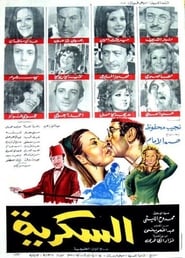 The film revolves around the family...
The film revolves around the family...Al Sokkareya 1973
The film revolves around the family of Mr. Ahmed Abdel-Gawad through his second and third generations, which consists of Yassin and Kamal the younger son, and the sons of Aisha / Khadija, in the age of young people and political and social transformations and their impact on their maturity and life paths.
 Abdullah a car driver is accused...
Abdullah a car driver is accused...Desire and Loss 1972
Abdullah, a car driver, is accused in the murder of the thug Magdy and a friend of the Ghanaian Nawal. This criminal escapes after he tried to defend himself, but the events follow and he is also accused of killing the Ghanaian Nawal, he lands in one of the villas where Murad and his wife live with their young son, and Abdullah takes from the house residents Hostages so he can escape
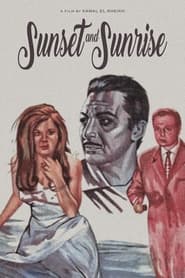 In the wake of the Cairo...
In the wake of the Cairo...Sunset and Sunrise 1970
In the wake of the Cairo Fire, Essam feels guilty for betraying his friend Samir by messing around with his wife Madiha. Essam decides to take revenge on Madiha's father who pressured him to marry her to avoid a scandal.
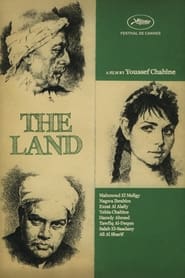 Set in 1933 the mayor informs the...
Set in 1933 the mayor informs the...The Land 1970
Set in 1933, the mayor informs the peasants that the share of irrigation of their land will be split equally between them and feudal lord Mahmoud Bey. The peasants send Mohamed Effendi to submit a petition to the government. Mahmoud Bey then proposes a project that would require taking part of the peasants' lands.
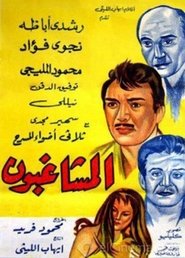 At the door of AlHadra prison...
At the door of AlHadra prison...Al Moshaghiboun 1965
At the door of Al-Hadra prison, three musicians gather in front of the prison, waiting for their friend out of prison, (Amin) who is just heading to an abandoned house to meet his friend (Joseph) the gang leader, and asking him for his right to the crime for which he entered the prison, gives him ten thousand A pound of clothes that he stole from (Nadia), (Youssef) asks him to know the location of the money that (Nadia) stole, and to get closer to her. (Amin) goes with his music colleagues to (Nadia) and asks her to work with her.
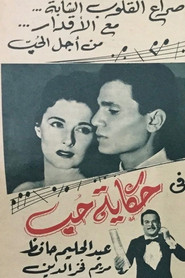 The real version of the famous...
The real version of the famous...Love Story 1959
The real version of the famous US hit movie "Love Story" remade in 1971, but with a swap of roles and happier ending.
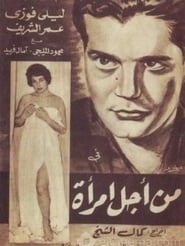 Insurance representative of the client rich...
Insurance representative of the client rich...For the Sake of a Woman 1959
Insurance representative of the client rich go to the work of an insurance policy, a wealthy married to a beautiful young tempted even located in the nets and cemented their relationship, offer him salvation from her husband, then grab the value of the insurance policy, the husband dies, you go for the company to capture the amount of insurance, but the company have doubts about the death of husband and it suggests that he died unnatural way especially that the wife was a nurse before her marriage, knows insurance this information delegate who was behind the seizure of the wealth of the husband goes to meet her, surprises her in the arms of her lover kill her but they call it lead endure and on his deathbed in hospital admits the full truth then death throes the latter.
 Djamila a young Algerian woman living...
Djamila a young Algerian woman living...Jamila, the Algerian 1958
Djamila, a young Algerian woman living with her brother Hadi and her uncle Mustafa in the Casbah district of Algiers under the French occupation of Algeria, sees the full extent of injustice, tyranny and cruelty on his compatriots by French soldiers. Jamila's nationalist spirit will be strengthened when French forces invade her university to arrest her classmate Amina who commits suicide by ingesting poison. Shortly after the prominent Algerian guerrilla leader Youssef takes refuge with her, she realizes that her uncle Mustafa is part of this network of anti-colonial rebel fighters. Her uncle linked her to the National Liberation Front (FLN). A series of events illustrate Jamila's participation in resistance operations against the occupier before she was finally captured and tortured. Finally, despite the efforts of her French lawyer, Jamila is sentenced to death...
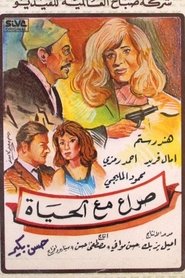 Escaping his fathers cruelty and indifference...
Escaping his fathers cruelty and indifference...Struggle with life 1957
Escaping his father's cruelty and indifference, Magdy leaves the house on a rainy night and a nightclub owner hits him with her car.
 The story revolves around the mayor...
The story revolves around the mayor...The General Inspector 1956
The story revolves around the mayor of Morschi married to a dancer whose son was born from his first wife. The mayor exploits the peasantry to achieve his personal ambitions and goals without paying attention to them. After a period, the mayor knows that someone from the ministry will search him, The mayor believes that one of them is the inspector-general of the ministry and approaches him, exploiting the other person to deceive the mayor with his friend and asking him for many bribes.
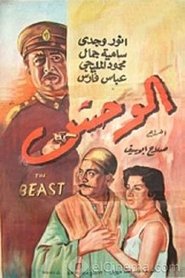 Abdel Sabour was a thief and...
Abdel Sabour was a thief and...The Beast 1954
Abdel Sabour was a thief and a smuggler known as The Beast to the people in one of the villages of upper Egypt; everyone was afraid of him, including the police. He enjoyed the protection of Redwan Pasha, who in turn used him during elections to eliminate his rivals. Officer Raouf Saleh was sent to the village with his wife and son with the assignment of arresting The Beast. However The Beast and his gang worked together from the beginning trying to dispose of the officer and his family in any way possible.
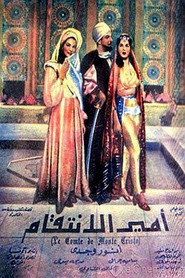 Henry Barakat directed adaptation of Dumas...
Henry Barakat directed adaptation of Dumas...Prince Of The Revenge 1950
Henry Barakat directed adaptation of Dumas' Count of Monte Cristo.
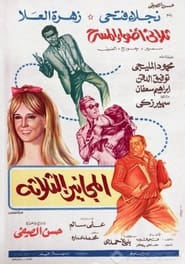
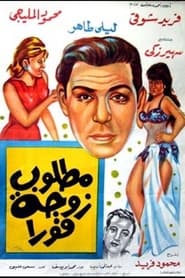 Helmi is a rich man who...
Helmi is a rich man who...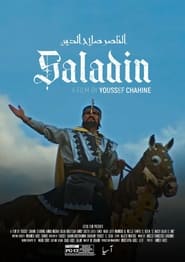 The first Sultan of Egypt and...
The first Sultan of Egypt and...